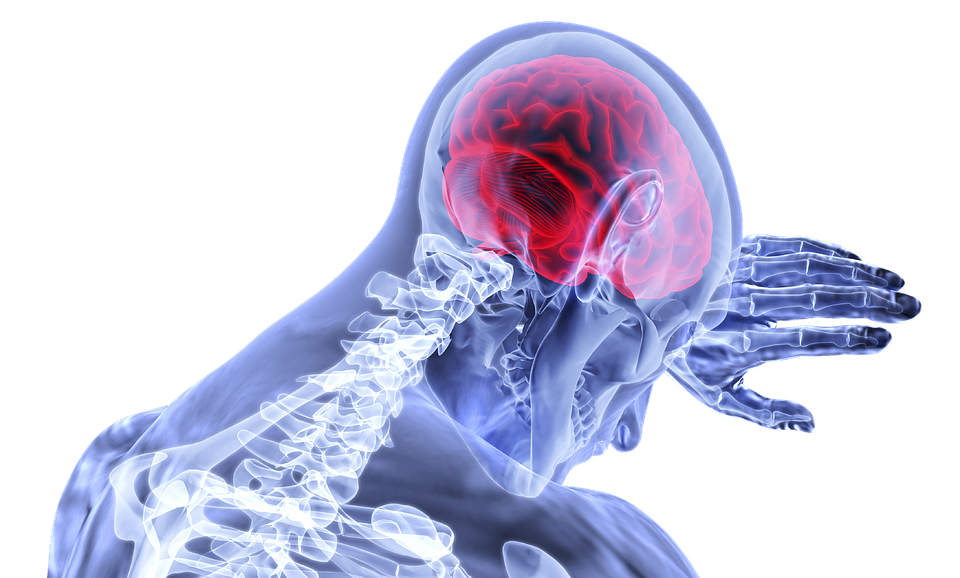Pain and Illness
After a Stroke – Sacrifice to Create Beauty (Psychology)(Pain)(Strain)(Injuries)(Posture)(Alexander Technique)
This ebook, Using the Alexander Technique to Move Better after a Stroke than You Did before the Stroke, is published in a PDF format. It goes into extraordinary detail to help those who have had a stroke to move as well as they use to move or even better.
This ebook is also for sale on all AMAZON websites in a KINDLE format.
Located in Albuquerque, New Mexico, U.S.A. (MOVEMENT THERAPY)
IS IT SANE AND ACCEPTABLE TO CAUSE WEAR AND TEAR TO YOUR BODY TO REACH A WORTHWHILE GOAL, WIN A RACE OR PLAY A BEAUTIFUL CONCERT?
Let’s explore this.
If you run competitive races or play musical concerts, and these two activities are causing wear and tear, damage to your body, then you are creating a situation where you will end your running competitiveness or great musical physical interpretation sooner than what the ageing of the body creates.
Is this OK? I don’t believe so. It comes down to do things that must happen, if you’re not to compete or perform until you’re crippled and have to stop.
FIRST, YOU HAVE TO BE FULLY CONSCIOUS YOU ARE DAMAGING YOUR BODY, AND THIS DAMAGING ISN’T AN INEVITABLE OR SANE THING TO DO, YOU ACCEPT THAT YOU DON’T HAVE TO HARM THE BODY TO DO A SPORT OR PLAY AN INSTRUMENT EXCEPTIONALLY.
SECOND, YOU HAVE TO BE AWARE THAT THERE IS A MOVEMENT TECHNIQUE OUT THERE THAT GIVES YOU THE TOOLS TO DO WHAT YOU DO WITHOUT PHYSICAL DAMAGE.
This technique is the Alexander Technique taught by a certified Alexander Technique teacher.
Why do athletes and performing musicians believe they must suffer for their passion?
IT IS A ROMANTIC ERA BELIEF THAT THE ARTIST MUST SUFFER AND SACRIFICE THEMSELVES TO ACHIEVE GREATNESS. I BELIEVE MOST ATHLETES BELIEVE THIS ALSO.
You know what I think is happening here?
I believe that there is no movement work out there other than the Alexander Technique that helps the aspiring Olympic athlete or the concert artist achieve greatness without wear and tear and SUSTAIN this, by giving the musician or athlete the tools to stop doing damage when they slip back into physically damaging their bodies.
Athletes and performing musicians must psychologically accept the physical damage of their pursue passion is not sane or necessary. To make it romantically right to keep going as you physically destruct your body is not a higher calling, but downright masochistic.
Is being a martyr and a hero worth it?
Wouldn’t it be infinitely nicer to be an ongoing winner and not hurt, not damage the body? Being a hero could be about being smart enough and ambitious enough to win or perform with self-loving technique.
Two things need to happen here to make the above happen.
First, You want to make it not right/romantic to win with physical damage. This may take a deep exploration through therapy or journaling or meditation or all three to free yourself of believing self physical sacrifice is enobling and inevitable.
Second, find a certified Alexander Technique teacher to teach you how to win or perform without damage.
